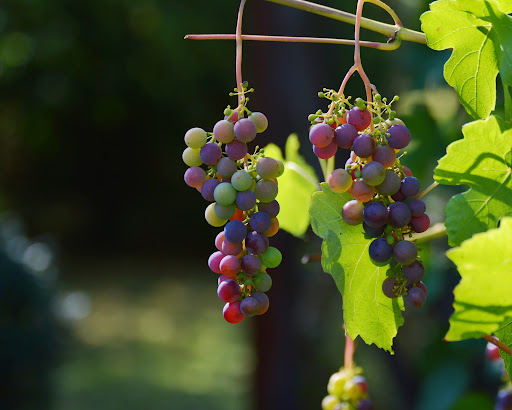When investing in the wine industry, it's crucial to be able to assess the reputation of each wine producer.
No matter which wine regions you're interested in, investing in wines comes down to the quality of the producer and the products they release. This is true whether they're in France, Italy, California, or anywhere in between.
Assessing a wine producer's reputation to the point that you're comfortable investing in them takes a special kind of research. In this post, we're going to tell you the key considerations for assessment so that you can make the best decision for your portfolio and thus, your future investments in the wine industry.
Research Is the Way
Before you start looking at individual wineries and their potential for investment, you need to sit down and look at your budget and which wine regions you want to investigate. Certain areas hold near limitless potential for investment due to their worldwide reputation, but it's a matter of deciding whether you want to specialize in a certain style or region.
As with any publicly traded company, supply and demand are going to play a big role in the valuation of the stock. Demand is driven by changing tastes, vintages, the consumption of wine in different areas of the globe, and the demand for new types of wine (for example, sparkling wines with younger generations). Supply is limited by the scarcity of land for vineyards, grape varieties, and weather conditions.
Having given this a lot of thought, you'll next want to look at the reputation of different wineries on the secondary market. How consistently do their stocks perform, and what kind of reputation do they hold in the industry as a whole.
Wine Producer Reputation Is In Consistency
You can determine which wines have the most potential on the secondary market by paying special attention to the producers that appear again and again. These recent trends can indicate growth, which is something any investor should keep an eye on. To play a safer game, however, you'll want to look at consistency and reputation over long periods of time. Burgundy, Bordeaux, Champagne, and Napa Valley are all regions that have historically performed very well as investment-worthy wines. These are low-risk, high-reward types of wines because of their worldwide reputation.
Investment Grade Wines
If you really want to get your feet wet, you need to consider what makes a good investment-grade wine. They all possess the following attributes: reputation, rarity, and desirability. You may find a highly rated wine in which only a small number of bottles are produced per year, but if it's not consistently desirable, then you can't trust it to perform as an investment.
Likewise, a highly rated wine might not sell that well on the secondary market if anyone can get it. With all three qualities, however, it will appreciate steadily as it matures and bottles become harder to acquire.
Make Wine Investing Simple With Vint
Assessing wine producer reputation isn't the easiest thing in the world to do if you're trying to find new investments. That is why we do it for you at Vint. We're the first fully transparent platform for anyone to invest in wine and spirits. Simply browse our curated collection of highly rated investments, buy the wine stocks you believe in, then sell whenever you want.
Visit our site today to learn more about Vint and the future of wine investing.


